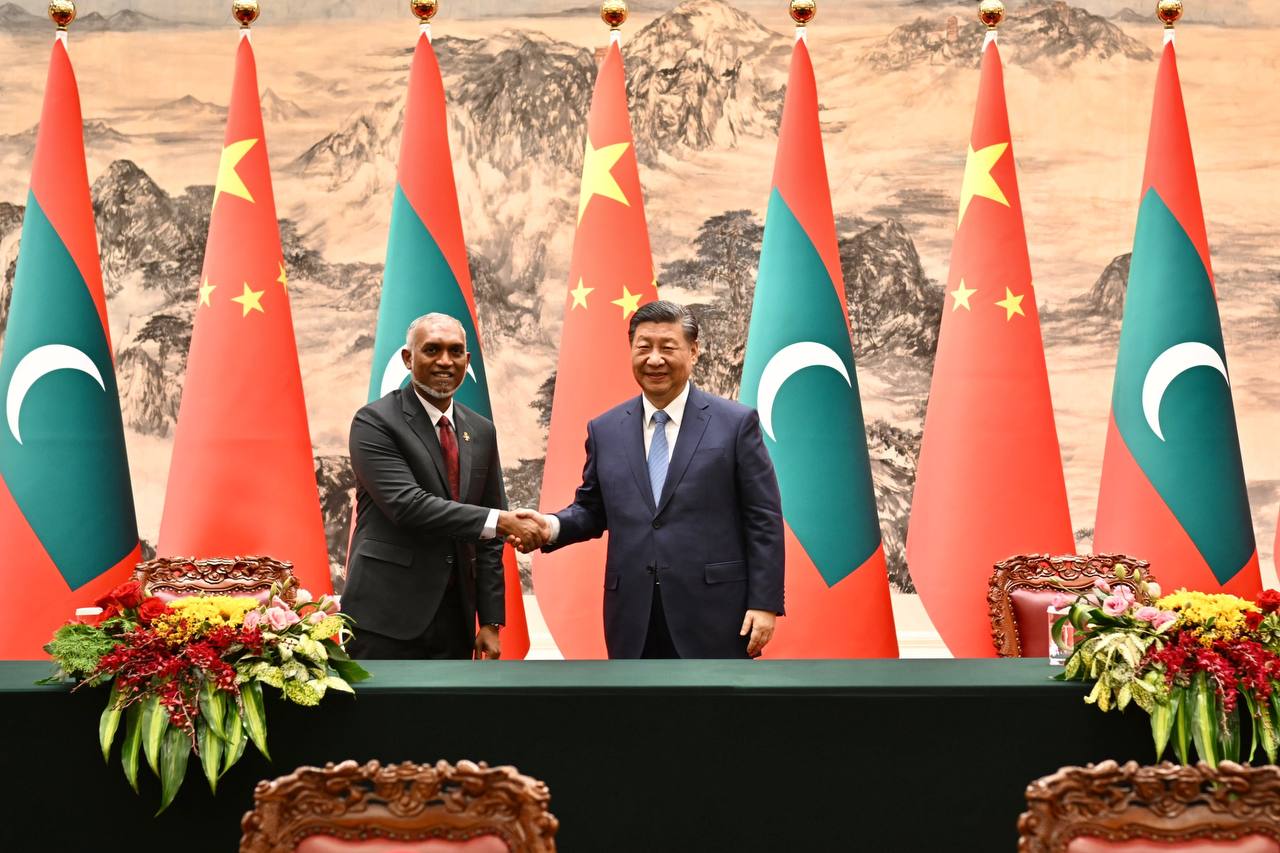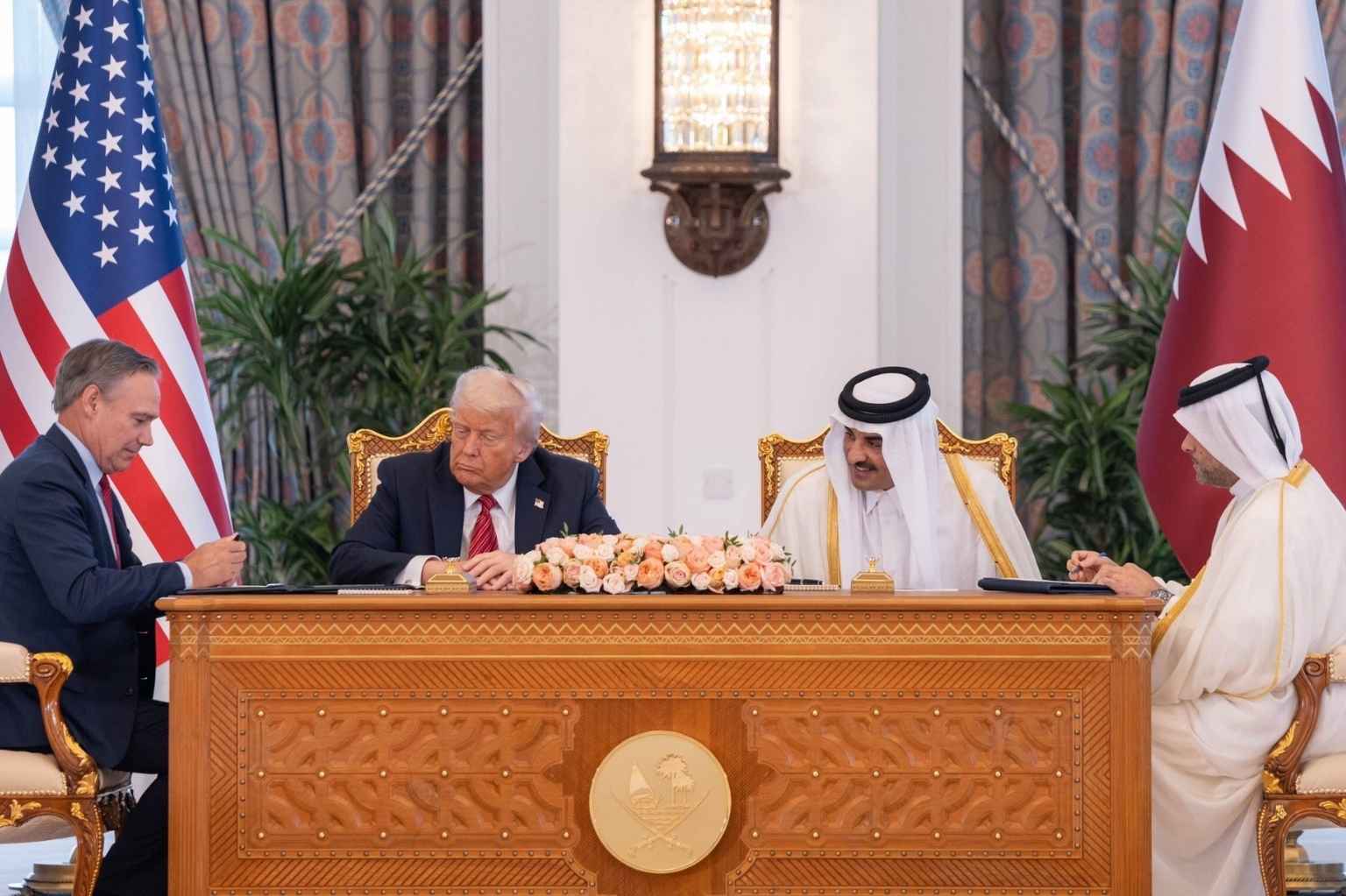On 1st January 2025, the China-Maldives Free Trade Agreement (CMFTA) officially came into effect. This marks a major step forward in the economic relationship between the two countries. For the Maldives, it is a historic moment, as this is its first-ever bilateral free trade agreement. It reflects the country’s growing role in international trade and opens up new opportunities.
The CMFTA is a win for both nations. It supports China’s broader goal to open up its economy and strengthen partnerships worldwide. Under the leadership of President Dr. Mohamed Muizzu, the Maldives is now positioned to diversify its economy and explore fresh avenues for growth. Despite the stark difference in the size of their economies, the agreement demonstrates that even countries of varying scales can benefit from each other’s cooperation.
Key Benefits for Both Countries
The CMFTA brings significant reductions in tariffs and creates better access to each other’s markets. Maldivian exports, particularly from the fisheries sector, will now have duty-free access to China’s huge market. On the other hand, China’s exports to the Maldives, including ships, electrical equipment, and agricultural goods, will face lower tariffs, making them more affordable for Maldivian businesses.
Furthermore, the agreement also sets the stage for closer economic cooperation and investment protection. Experts believe the trade between the two countries, which already exceeds USD 700 million annually, could rise to USD 1 billion once the benefits of the agreement take full effect.
Addressing Economic Challenges
One of the key advantages of the CMFTA is its potential to help ease the Maldives dollar shortage. The agreement allows the Maldives to settle transactions in local currency, which gives businesses more flexibility when managing trade costs. Additionally, 91 percent of goods imported from China will be duty-free, which will reduce costs for local businesses that rely on these goods.
However, there have been some concerns about how local businesses might compete with larger Chinese companies. Nevertheless, Trade Minister Mohamed Saeed has reassured the public that safeguards are in place to protect smaller businesses. For example, while Chinese travel agents will have access to free zones in China, they will not have the same privileges in the Maldives.
Ultimately, the CMFTA is a historic achievement for both countries. It strengthens their economic ties and opens up new opportunities for businesses in both China and the Maldives. The agreement is a clear example of how open trade relations and cooperation can drive growth. As a result, it sets the stage for a future built on shared prosperity and mutual respect.
Feature Image via the Maldives President’s Office








